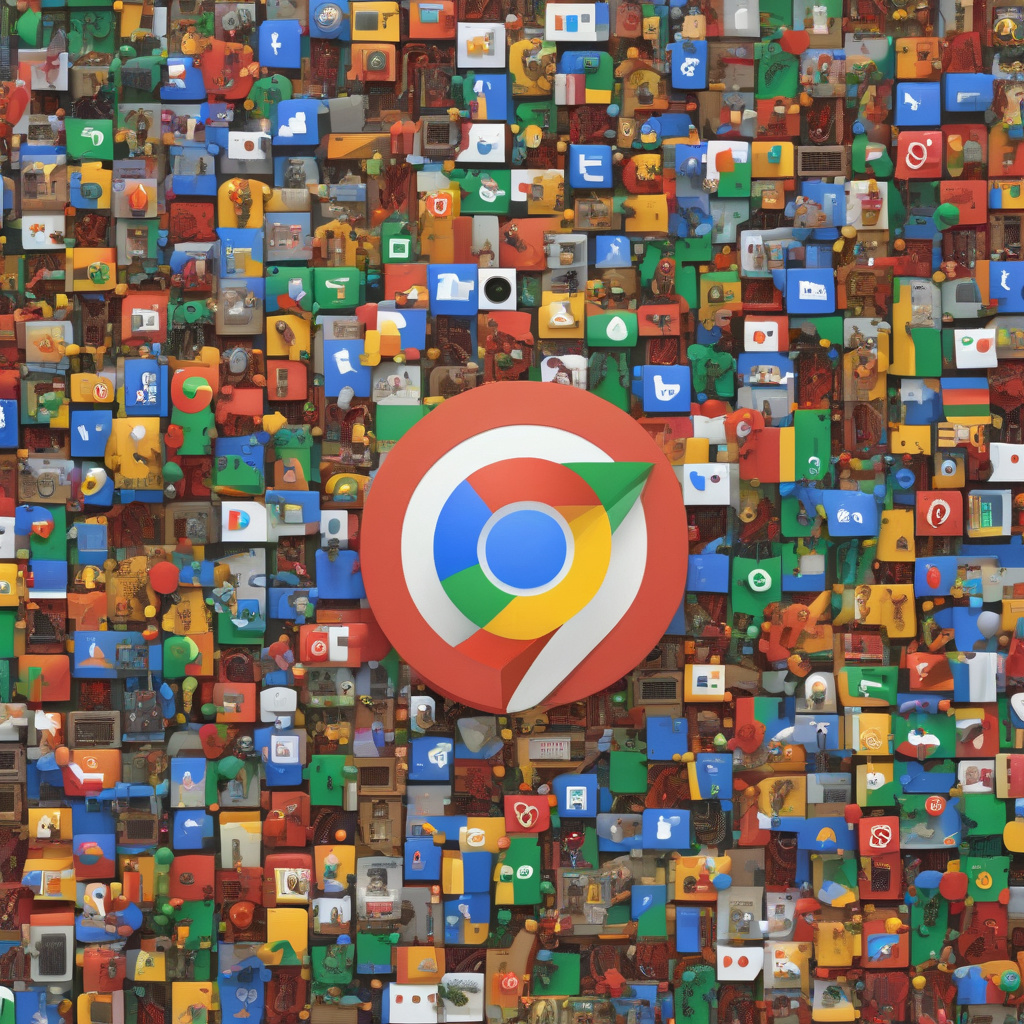Is Google on a mission to dismantle the web as we know it? While the tech giant hasn’t explicitly declared war on the internet, recent developments suggest a different narrative. Let’s dissect the evidence at hand.
Google’s integration of AI-driven functionalities like AI Overviews and AI Mode into its search app is a prime example. These features, introduced in 2024 and 2025, offer users condensed search results and interactive conversational interfaces. While Google claims these innovations enhance user experience, the reality for many websites has been a substantial decline in traffic.
According to reports, some sites have witnessed a significant drop in Google-generated visits, with figures reaching as high as 30% to 40%. Despite Google’s reassurances that overall traffic remains stable and that the quality of clicks has improved, industry data tells a different story.
The impact is particularly severe for certain sectors like science, education, and health websites, which have experienced notable decreases in traffic. Content companies have reported referral traffic plunging by up to 25% in certain months, leading to concerns about the sustainability of traditional web-based business models.
The shift towards AI-generated summaries has raised questions about the future of the open web. By prioritizing in-house AI tools and directing traffic to Google-owned platforms, the search engine giant is accused of starving external content sites of clicks and visibility.
Moreover, Google’s strategic placement of advertisements within AI Overviews underscores its commitment to maximizing ad revenue. By emphasizing the importance of being featured within AI summaries, Google is redirecting user engagement towards its proprietary services, further consolidating its online dominance.
The implications of these actions extend beyond individual website traffic. They signify a broader trend towards algorithm-driven content consumption, raising concerns about the erosion of the open web’s diversity and accessibility.
In response to these developments, stakeholders are exploring various countermeasures. Initiatives such as bot-blocking services and potential legal actions by regulatory bodies indicate a growing recognition of the need to regulate AI-powered content distribution.
Furthermore, the concept of “Google Zero” is emerging as a potential alternative for businesses looking to circumvent reliance on traditional search engines. By shifting towards direct customer engagement through newsletters and apps, companies aim to bypass the challenges posed by evolving search algorithms.
As we navigate this evolving digital landscape, it’s essential to consider the long-term implications of these trends. The balance between innovation and preservation of an open, diverse web ecosystem remains a critical point of contention in the ongoing debate surrounding Google’s influence on online content consumption.
In conclusion, while Google’s AI advancements have undoubtedly transformed the search experience, the unintended consequences on web traffic distribution and content accessibility warrant a closer examination of the evolving dynamics between technology giants and the broader online community.

